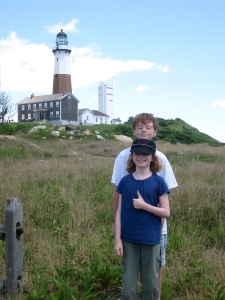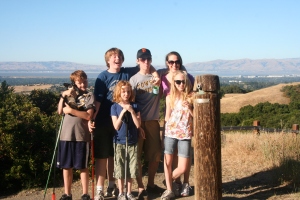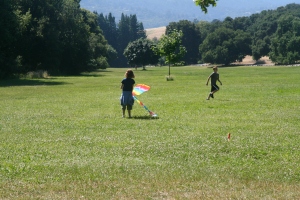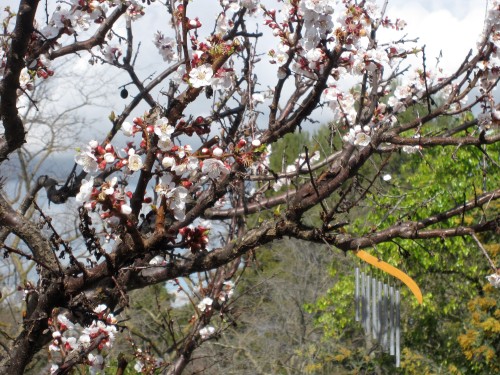Lately, there is a lot of kerfluffle about the future of the book review. HuffPost had an article where major critics commented on the relevance of the book review today Anis Shivani: Book Reviews: Major Critics Speak On How To Keep Them Relevant (PHOTOS). The New Yorker’s Book Bench blog has commentary by Mary Halford on Zadie Smith’s new post as reviewer of books at Harper’s. Over on The Millions, novelist (and reviewer) Emily St. John Mandel talks about how she handles bad reviews. The Millions : On Bad Reviews. A blow to my heart, New York Times critic Neil Genzlinger talks about the problems with memoirs The Problem With Memoirs – NYTimes.com. Why all the fuss?
It seems the Internet is changing the way books are reviewed. No longer is it a choice of either questionable reviews on Amazon or long, well-crafted critiques in newspapers such as The New York Times or the UK’s Guardian. Now, we have bloggers — anyone from the more widely read HuffPost Books, The Book Beast, The Millions and The Book Bench to smaller sites such as Sparkling Reviews, Nancy Pearl and Beth Fish Reads. How does a reader sift through all of these opinions to determine which books to buy?
Bloggers are getting their opinions out there while helping promote authors who might otherwise miss out on an audience, but does the quality of the review suffer? It seems these bloggers are democratizing the process of choosing books for the public, taking the choice from a select few albeit high quality reviewers and broadening the number of books represented.
Zadie Smith, in her new position at Harper’s is trying to address this change. She believes the book review is being reinvented thanks to the Internet. She’s even chosen the more middlebrow title of reviewer because she will review three to four books per month in 2000 words or less rather than the longer pieces traditionally put forth by critics who use the space to make big arguments and to put more of themselves into the pieces. Now, readers want shorter reviews without compromising on quality. Currently, quality can suffer and even worse an inconsiderate reader has the power to post a negative review and wreak considerable damage. However, readers enjoy the intimacy of the Internet where they might befriend a writer from anywhere in the world within minutes. Interestingly, although Smith is addressing changes wrought by the Internet, her online reviews will be available by paid subscription only.
An organic curation process seems to be happening where talented bloggers are rising to the top, but it still feels a little like the Wild West out in the book review blogosphere. I’d love to learn where all of you go for your trusted reviews. Please drop me a comment and I’ll be sure to check out your trusted reader sites.













